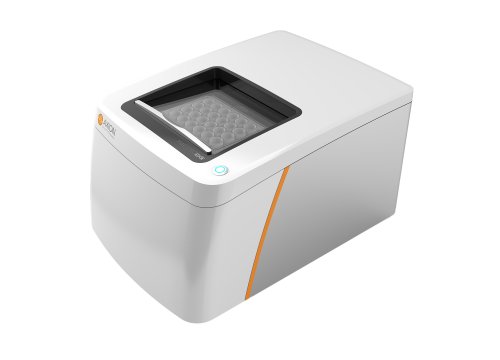Authors: Yang Li, Ke Ma, Zhujun Dong, Shijuan Gao, Jing Zhang, Shan Huang, Jie Yang, Guangming Fang, Yujie Li, Xiaowei Li, Carrie Welch, Emily L. Griffin, Prema Ramaswamy, Zaheer Valivullah, Xiuying Liu, Jianzeng Dong, Dao Wen Wang, Jie Du, Wendy K. Chung, and Yulin Li
The Journal of Clinical Investigation, 17 June 2024
Scientists use next-generation Maestro Edge MEA to assess contractile function of WT and mutant stem cell-derived cardiomyocytes and cardiac organoids in vitro.
More than 250 genes have been implicated in dilated cardiomyopathy (DCM), but evidence suggests that additional causal genes exist. In this study, scientists identified a candidate gene, C10orf71, causing dilated cardiomyopathy (DCM) in a family with eight cases of DCM using whole exome sequencing, then investigated the underlying mechanisms using rodent models and stem cell-derived heart organoids. To assess contractile function of WT and mutant stem cell-derived cardiomyocytes and cardiac organoids in vitro, the scientists used Axion’s hands-free, label-free Maestro Edge, finding that C10orf71-defective cardiomyocytes exhibit impaired contractile function. Overall, the authors conclude that human genetic information combined with in vivo and in vitro functional data support C10orf71 as a causal gene for DCM and that, “Translation of this research to the clinic via genetic testing may identify those who are at high risk for developing cardiomyopathy and perhaps an effective treatment strategy.”


